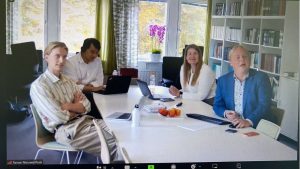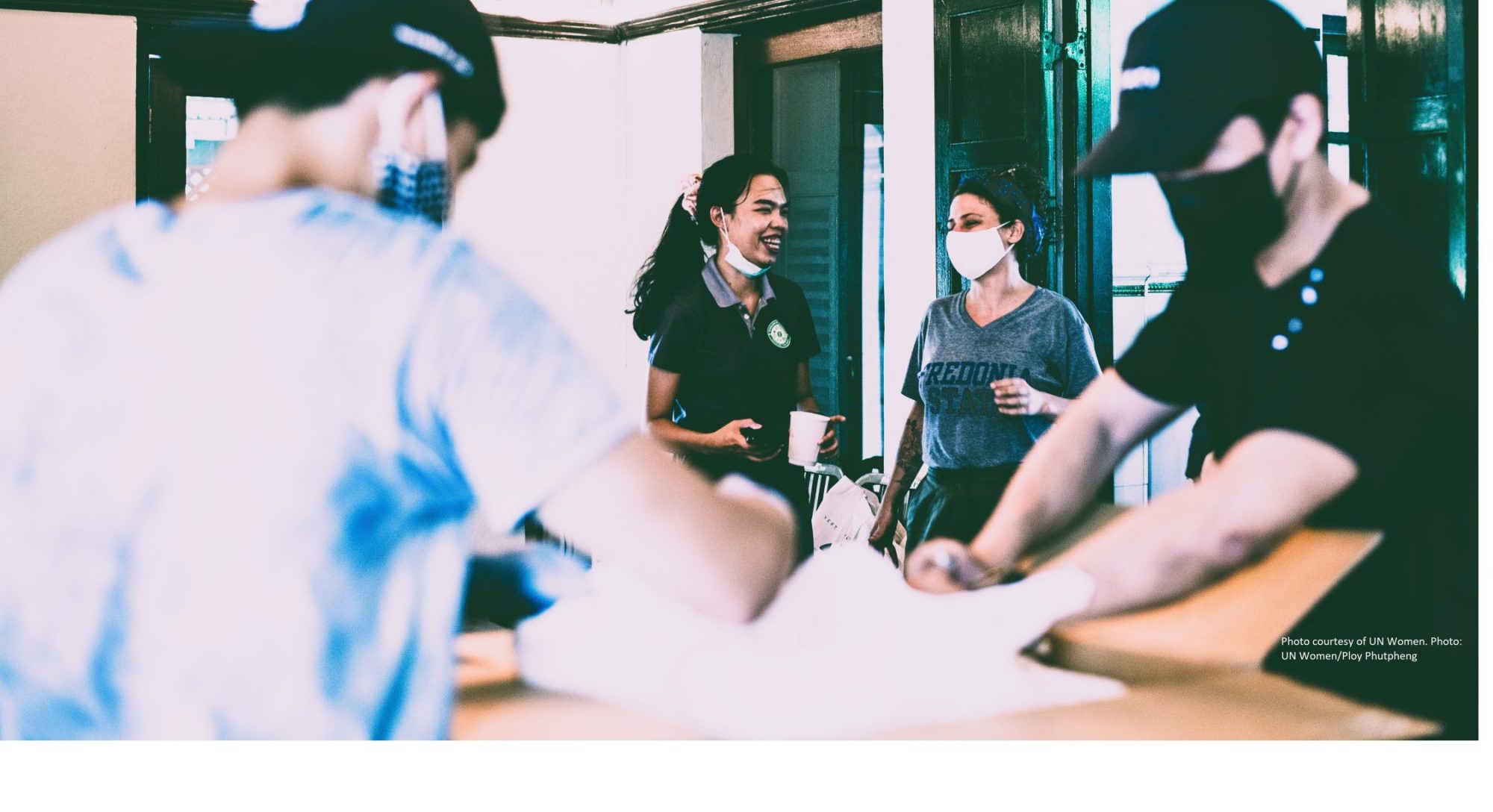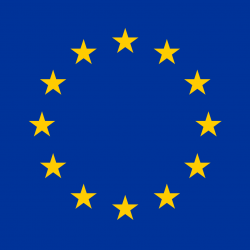On 13th October 2023, The DEFEN-CE project hosted a webinar on the Finnish and Swedish case studies. During the webinar, the Finnish and Swedish DEFEN-CE teams delved into the key findings from the country studies, shedding light on the protection of vulnerable groups during the Covid-19 pandemic.
Rense Nieuwenhuis (Stockholm University) inaugurated the event with a warm welcome, setting the stage for an enlightening discussion. Minna Van Gerven, lead investigator (University of Helsinki), provided an overview of the DEFEN-CE Project. The heart of the webinar was the presentations of the country studies conducted in Finland and Sweden. Zamzam Elmi (University of Helsinki) and Jakob Strigén (Stockholm University) presented the findings from these studies, providing a deep dive into each country’s pandemic response and its impact on vulnerable groups.
Similarities between Finland and Sweden:
• Both Finland and Sweden experienced the global challenge of the Covid-19 pandemic and had to adapt swiftly.
• Vulnerable groups in both countries included workers from various industries and sectors, making it evident that the pandemic’s impact was widespread.
• Social dialogue played a pivotal role in both nations’ responses, with collaboration between social partners and the government being highly effective.
• The trust in public officials and established dialogue structures was high in both countries, emphasizing the importance of maintaining social dialogue even outside of crisis situations.
Differences between Finland and Sweden:
• One striking difference was the strategies employed to mitigate the virus. Finland implemented stringent mitigation strategies to protect the elderly and prevent the healthcare system from being overwhelmed, whereas Sweden relied on individual responsibility and maintained a more relaxed approach.
• Sweden faced specific challenges within its healthcare sector due to weak crisis preparedness, increased pressure on the personnel, and insufficient protection gear, which led to conflicts between the social partners, elucidating ongoing changes in the power resources among them. In contrast, Finland dealt with the critique of certain safety measures, school closures, and restaurant restrictions.
The webinar highlighted several lessons from the experiences of Finland and Sweden, demonstrating that although the challenges were universal, the responses and approaches were distinct. The strength of institutional and historical path dependency was evident, and the well-established social dialogue structures played a significant role in both countries. The insider-outsider dilemma was another common thread, emphasizing the importance of equal representation.

Rense Nieuwenhuis (right) and Jakob Strigén (left) from Stockholm University hosting the meeting from Stockholm joined by Chaitawat Boonjubun (back left) and Minna van Gerven (back right) from the University of Helsinki.

